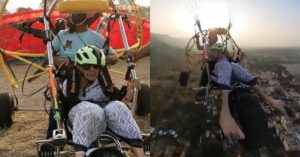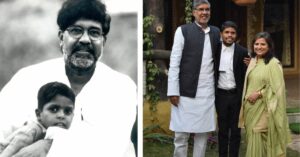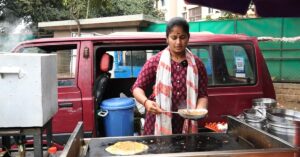A Tiny Naga Village Has Been Spearheading Women’s Rights & Sustainable Farming for Almost a Decade
The Chizami village is at the forefront of championing women’s rights, supporting sustainable livelihood and restoring traditional food systems and agricultural practices in Nagaland.

“Every great idea, accomplishment, product or service started out the same…as a seed that needed to be planted, nourished and loved.” – Debbie LaChusa
A small village in Nagaland’s Phek district, Chizami, has been scripting a quiet revolution in terms of socioeconomic reforms and environmental protection for almost a decade. A model village in the Naga society, Chizami is today visited by youth from Kohima and neighbouring villages for internships in the Chizami model of development. This model focusses on health issues, women’s rights, community programmes, food security, and environmental conservation.
What is unique in the Chizami model of development is that economically marginalised women have played an important role in bringing about this transformation that is rooted in traditional practices of Nagaland.
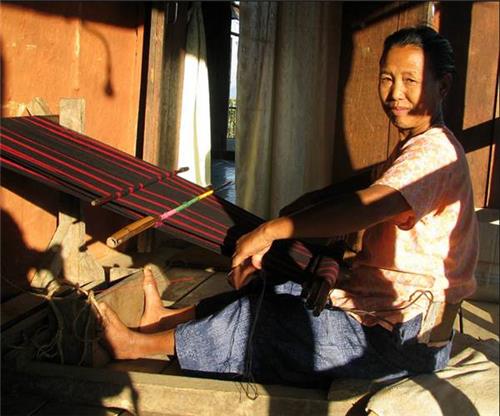
Photo Source
The Chizami village is perched in the upper reaches of the densely forested hills of Phek district in Eastern Nagaland. It has around 600 households with a population of 3,000 that is largely involved in Jhum cultivation, a slash-and-burn type of agriculture that is traditionally practised in the hilly terrains of north-east India.
Chizami’s village council comprises of six khels (the Naga word for clans within the same community) who have equal representation in the council. The council plays an important roles in the village governance. The village council prohibits hunting and trapping of birds and animals and imposes strict fines on those violating norms as proclaimed by a sign board at the entrance to the village.
The seeds of socioeconomic and environmental reform in Chizami were planted back in the late 1990s. In 1994, Monisha Behal, women’s rights activist and founder of North East Network (NEN), landed in Nagaland to improve women’s health standards in the state. Noticing the collective strength of women in the Naga society, Behal decide to use it to do something about the deplorable health and sanitation environment that prevailed in the state that time.
NEN, working with CWS, started skill enhancement programmes such as bamboo craft, food processing, organic farming, rooftop water harvesting and low-cost sanitation. Discourses on governance, women empowerment human rights issues were also organised.

Photo Source
In 2008, NEN started Chizami Weaves, a decentralized livelihood project to create sustainable livelihood opportunities for the marginalized women in the district as well as preserve the unique textile tradition of Nagaland.

Photo Source
Starting with seven weavers, Chizami Weaves today has a strong network of more than 300 women in Chizami and 10 other villages in Phek district.
‘Chizami Weaves’ also promotes textiles made by one of the oldest looms – the loin-loom or the back-strap loom – that is still traditionally used by the Chakhesang Nagas and other tribes of the North East India.
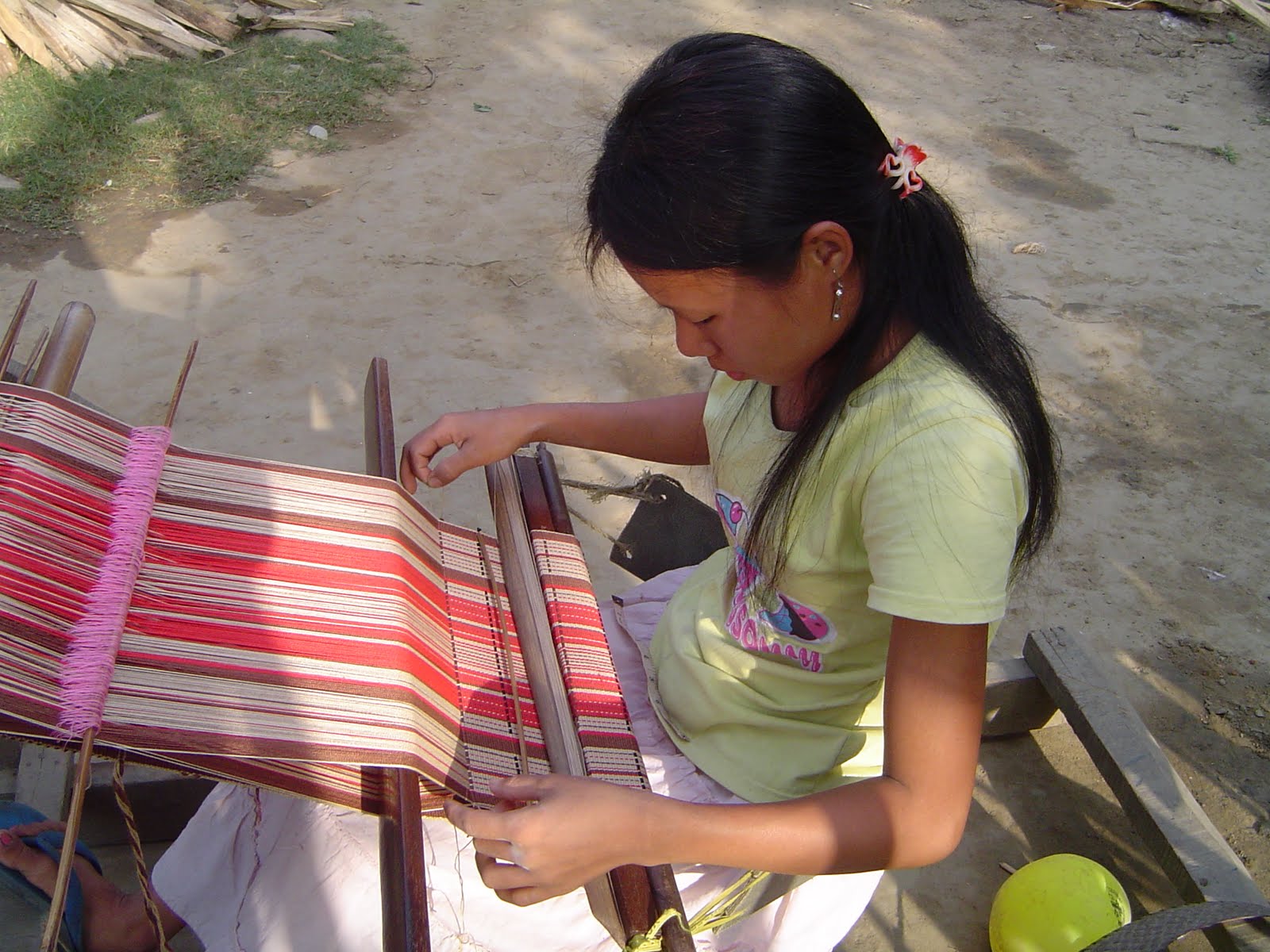
Photo Source
The project has also helped bring in new perceptions of gender justice to women. Not only do the weavers support their families through their weaving, they are also making their presence felt within their homes and in community’s public spaces by raising their voices on issues of health, livelihood, and environment.
You May Also Like: Difficult to Imagine Shops without Shopkeepers? Mizoram Has Had Them for Years!
NEN is also working to address another major concern of the villagers – food security. The fragile mountain ecosystem in Nagaland has been increasingly experiencing the wrath of climate change with irregular rains and rising temperatures. Traditional farming practices have also declined in Nagaland with the advent of the more lucrative cash crop mono-culture, which gives better economic returns.
NEN is now working to revive millet-based biodiverse agriculture in the villages of the district. An integral part of Naga culture, millets are highly climate-resilient and nutritious crops.
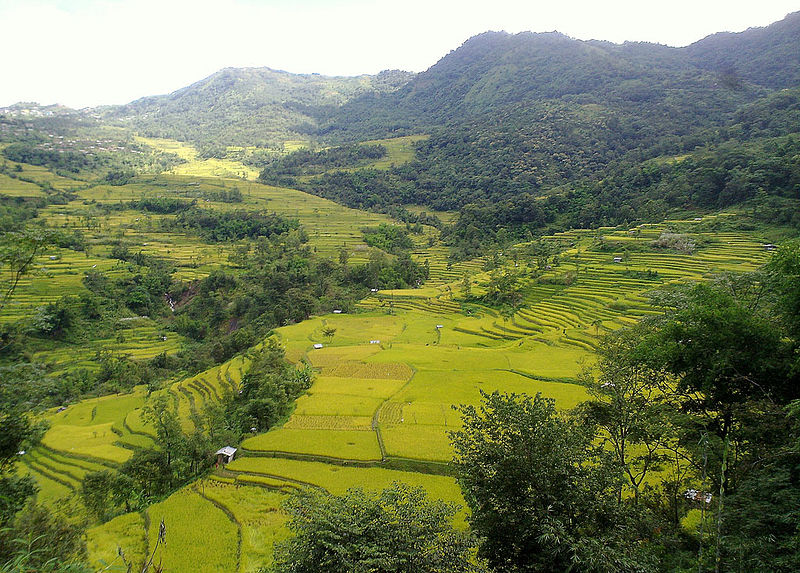
Photo Source
Like this story? Have something to share? Email: [email protected], or join us on Facebook and Twitter (@thebetterindia). To get positive news on WhatsApp, just send ‘Start’ to 090 2900 3600 via WhatsApp.
This story made me
-
97
-
121
-
89
-
167
Tell Us More
We bring stories straight from the heart of India, to inspire millions and create a wave of impact. Our positive movement is growing bigger everyday, and we would love for you to join it.
Please contribute whatever you can, every little penny helps our team in bringing you more stories that support dreams and spread hope.






